Tradition is something that has always been valued and still is, in all parts of the world. More than anything, engagement rings are about tradition. Beautiful diamonds can always be bought, as can stunning rings and any other piece of jewelry for that matter. Diamond rings (or rings with other precious stones,) however, have been reserved exclusively for the occasion of an engagement. With this tradition comes a long list of myths regarding the ring; what it should be, how much it should cost, through to what shape it should be. Needless to say, there is always a way to make the most of a ring you don't like. Here is a list of some of these misconceived notions and why they are simply not true.
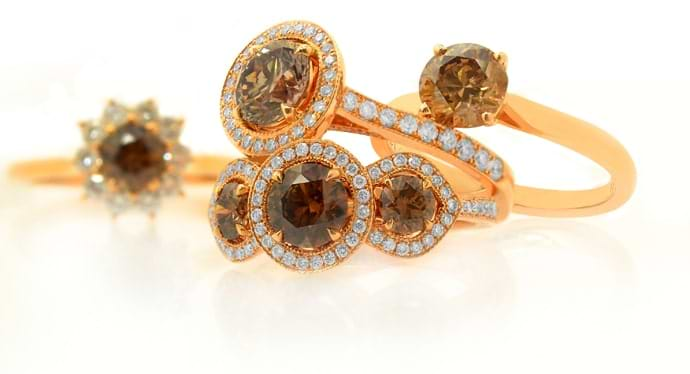
An assortment of champagne diamond rings
1. The Surprise Factor
For many, a surprise proposal and surprise engagement ring are synonymous. While an unexpected proposal, whether discussed at some point in time beforehand or not, is a very romantic gesture, presenting a ring that was bought without much of an idea as to what her taste in rings might be is asking for trouble. Yes, in an ideal world a woman is knocked off her feet with a fairytale proposal and the diamond ring of her dreams. In reality, he buys her a round diamond when she really wanted princess cut; the setting is yellow gold when she prefers platinum, and it goes on and on and on. Fact of the matter is, nix the surprise factor and find out what she likes before you make the grand debut.
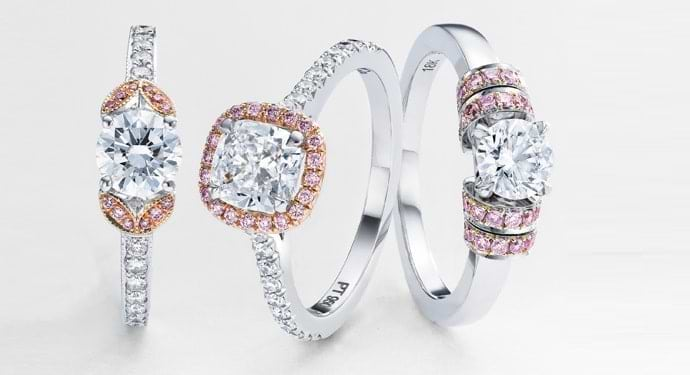
Engagement rings of the Accent de Couleur collection
2. As Brilliant and Colorless as Possible
While some of a colorless diamond’s most important criteria are how brilliant it shines and how colorless it appears, it is not a diamond’s only criteria, especially when talking about a color diamond. Tradition can be greatly kept and honored with a ring that is not your cookie cutter ring, seen on every bride since the beginning of time. More and more brides are turning to more unique engagement ring options because although they might still want a diamonds, they also want to be different than everyone else. 100% natural fancy color diamonds, for example, are also graded based on the 4Cs, but when it comes to color diamonds, the color factor is by far the most important and relevant aspect to look for. Therefore, it does not necessarily matter how brilliant it is, and obviously, how much it lacks color. The same goes for a colorless diamond, which can be unique and amazing in other ways besides for its brilliance and color. Colorless diamonds can come in rare shapes, have an incredible cut, or just be very large and impressive. Today, many women are accenting their traditional colorless diamonds with yellows or pinks set within the halo.
3. Save Up, Save Up, Save Up
Though there is no getting around the fact that diamonds cost quite a bit, there is truly no need to save the “three months’ gross salary” amount, which is the mythological sum a typical engagement ring costs. Whether a man puts away a small amount each month over a long period of time until he meets “the one,” or a couple mutually decides to spend a logical amount on a “starter” engagement ring, in hopes of upgrading somewhere down the line, there is no set amount one needs to or should spend on a ring. Stones come in all shapes and sizes, not to mention price ranges, and everything and anything goes these days. The important thing is to love your ring no matter what and to start life together on the right foot.
4. The Bigger the Better
From a young age a child looks for the largest gifts, the biggest toy, and the largest portion as if bigger is always better. We have been trained in the diamond department as well that the bigger the stone, the better, when this is really not the case. As mentioned before, there are other attributes to a stone such as its clarity, cut, and color, so a diamond’s size is only one quarter of its overall character. Don’t go for the biggest stone just because it’s large, but rather, find the highest quality stone with the closest proximity to your size preference and budget.
5. Round is King
Even if you don’t know much about diamonds, you know that round diamonds are one of the most popular diamond shapes. What you don’t know is that while the round brilliant diamond may the most well known in terms of brilliance, there are so many other options that might work better for you. Furthermore, if you are considering a color diamond, round shapes are usually more expensive since it is more difficult for the diamond polisher to maximize the color that is shown from within the stone in that shape. Diamond shapes such as radiant and cushion are ideal, in order to enhance the diamond’s natural color. Less common shapes include emerald, oval, heart, pear, asscher, marquise, princess, radiant, and cushion, all of which are chock full of flavor and personality. Round diamonds may be perfect fits for some, but always remember to factor in the woman’s build, personality, and overall nature. You will see that round isn’t always king after all.
6. Jewelers Will Get It Right
Jewelers may be a lot of things, but they are not you or your fiancé-to-be. Assuming you have gone to a reputable and trustworthy jeweler, you can rest assured that you are getting a genuine, quality stone for a reasonable price, but you cannot count on that jeweler to provide you with the perfect ring for your fiancé. Only she, and hopefully you, know what ring suits her best. So don’t let some stranger convince you that buying a more intricate (and expensive) setting will score you more points, or that getting the stone with the higher carat size is the best move when your gut tells you she wants something modest.
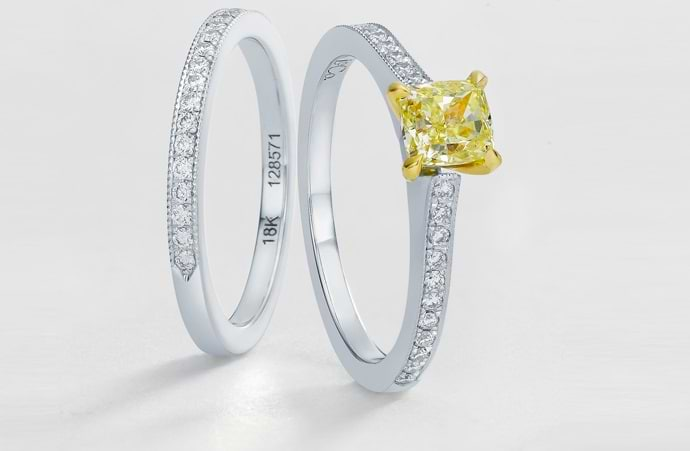
Engagement rings in the Cherie collection
One of the greatest aspects of this world is that it is constantly evolving. In the same way that much of our lives are so different than life was centuries ago, mostly for the better, so are the “rules” for engagement ring shopping. The rules have evolved into the lack of rules, allowing much room for personality, originality, design, and budget to take the front seat. Hopefully the evolution of these rules is only for the better, and there will be more and more content and fulfilled brides (and grooms) out there and less cookie cutter rings with staggering price tags.
Take the quiz: Can You Bust These Diamond Myths?
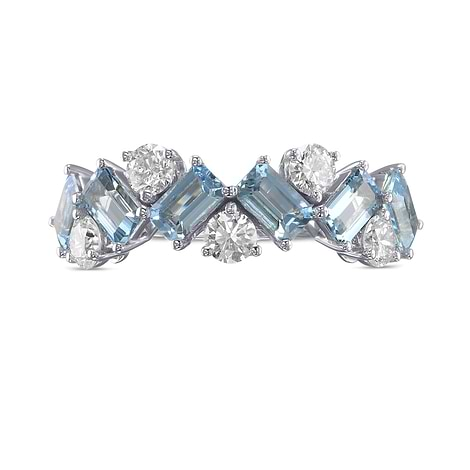
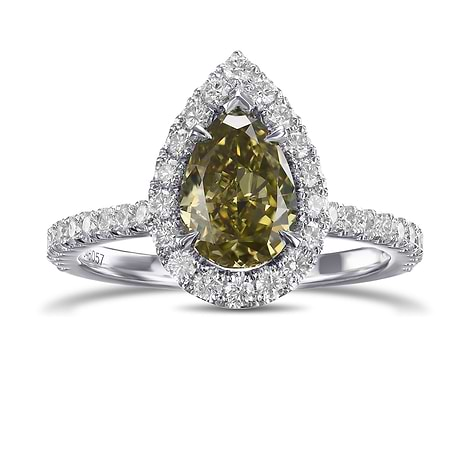
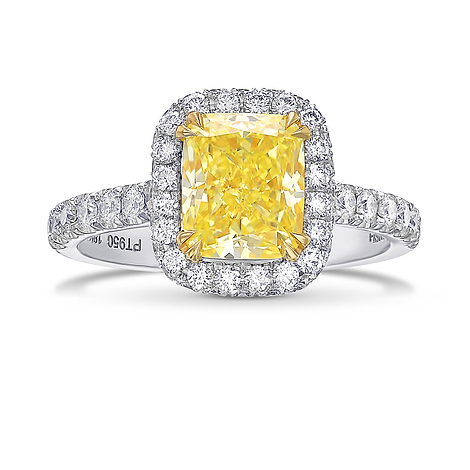
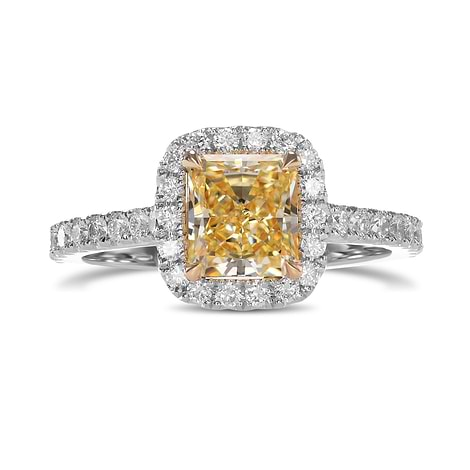
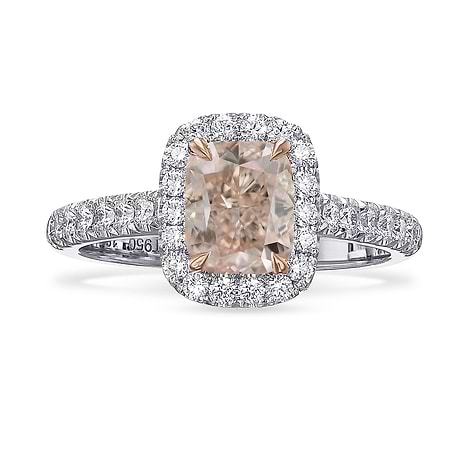
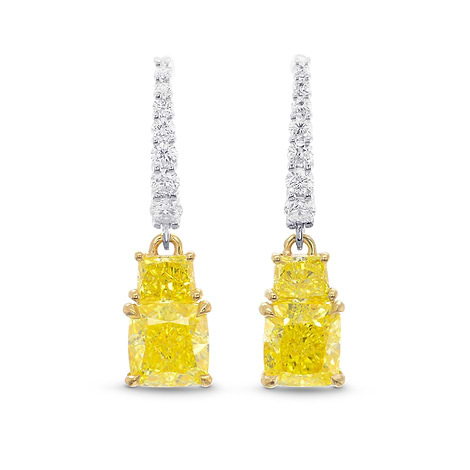
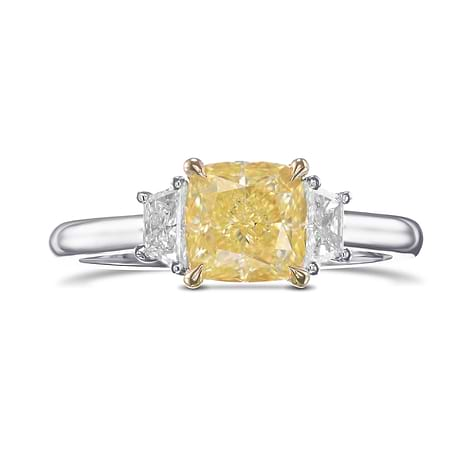
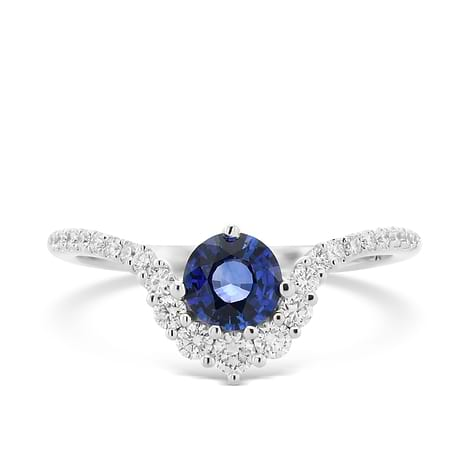
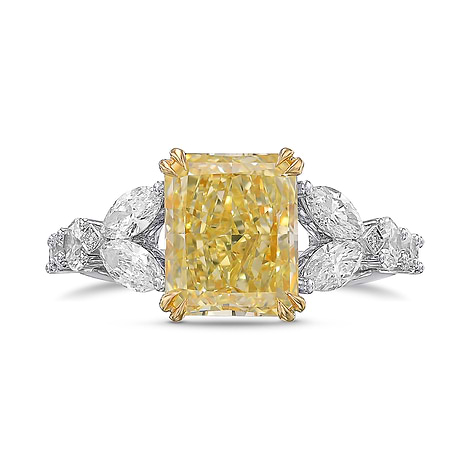
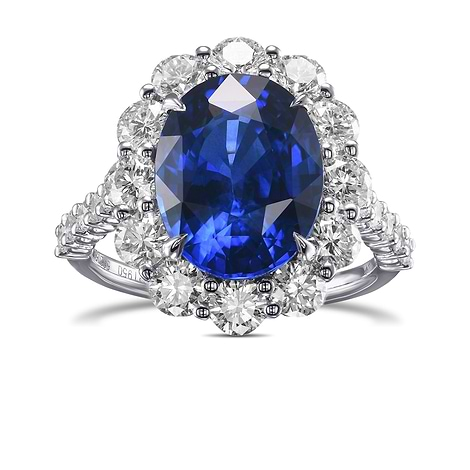
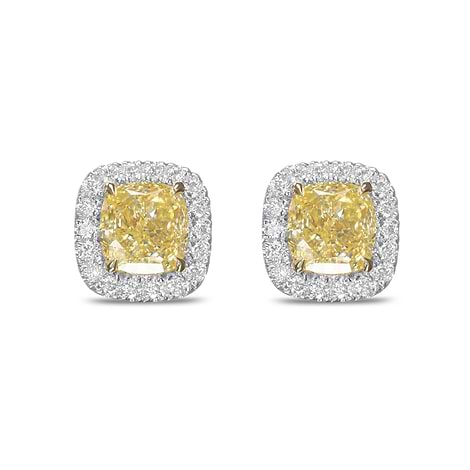
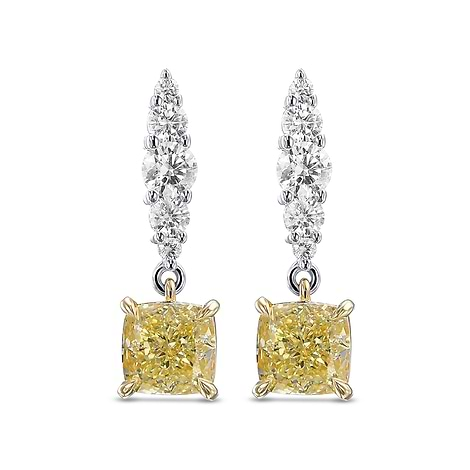
.jpg)

